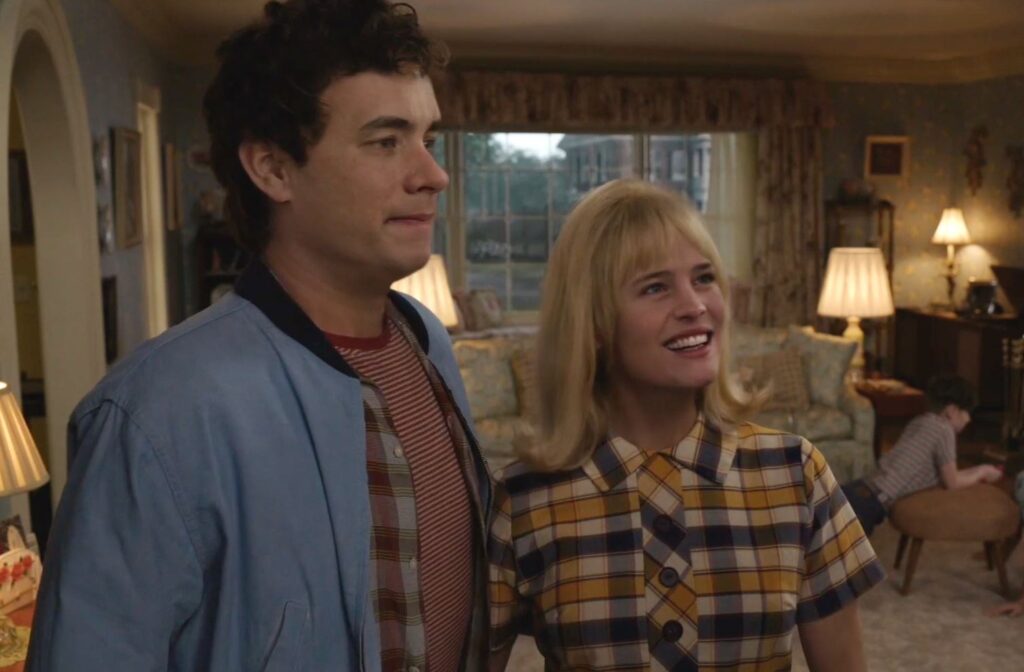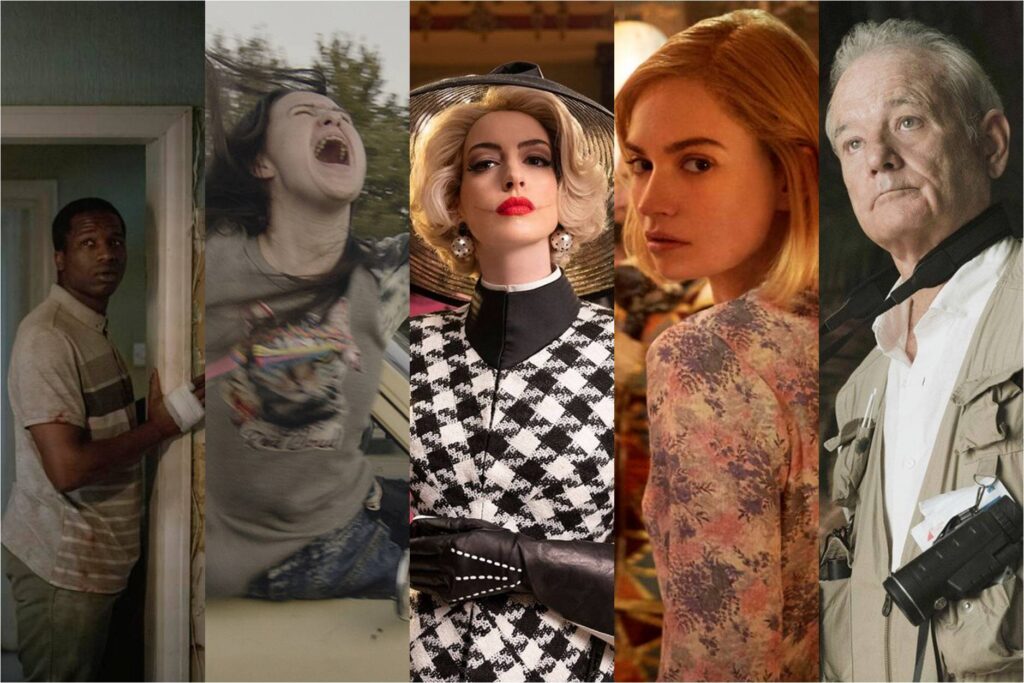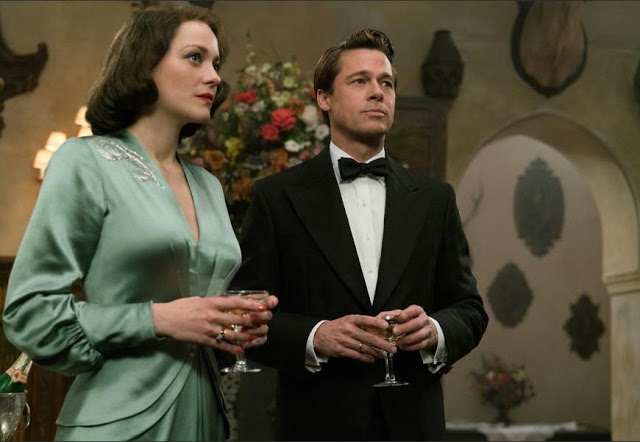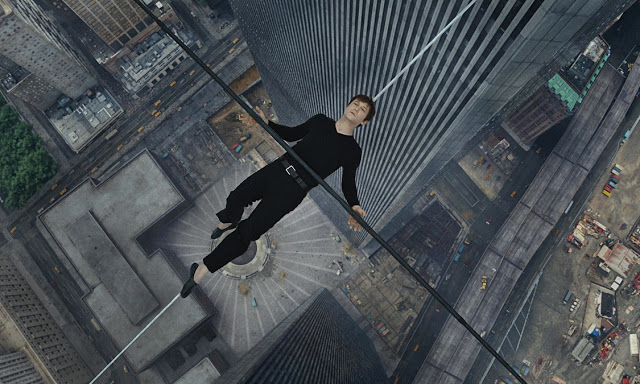Here: This Land Is Yore Land

The animating force behind Robert Zemeckis’ work has long been nostalgia. Whether he’s making handsome period thrillers (the underrated Allied), refashioning childhood classics (the dreadful remakes of The Witches and Pinocchio), or interrogating his own work (the demented navel-gazing of Welcome to Marwen), the director can’t stop burrowing into the past. The legacy of Forrest Gump remains the subject of robust debate, but it is inarguably the quintessential Zemeckis picture for how it uses exquisite technique to tell a cornball story that hopscotches across the life of a boomer. Here, which reunites Gump stars Tom Hanks and Robin Wright, sports an even vaster temporal agenda: Where that 1994 Best Picture winner covered the latter half of the 20th century, this new movie seeks to encompass the entire American experiment.
The ironic conceptual hook of Here is that, while its chronology is extremely broad, its spatiality is scrupulously narrow. The whole film takes place on the exact same spit of land, with the camera never so much as budging (at least, not until the final shot). Initially—I’m speaking according to the passage of history, not the arrangement of events in the movie, whose timeline is scrambled—the location is a pastoral meadow frequented by Native Americans that subsequently becomes an entryway to the colonial estate of William Franklin, son of Benjamin. Roughly a century later, after we spy some bricklayers going about their business, the setting transforms into the living room of a single-family home, with a large triple-bay window that looks out onto the adjoining street. As the story leaps backward and forward in time, it chronicles the events of the various inhabitants of the land and house, observing their commonalities—birth and death, matrimony and separation, stout friendships and domestic fractures—while also charting their spiritual and technological differences. Read More



